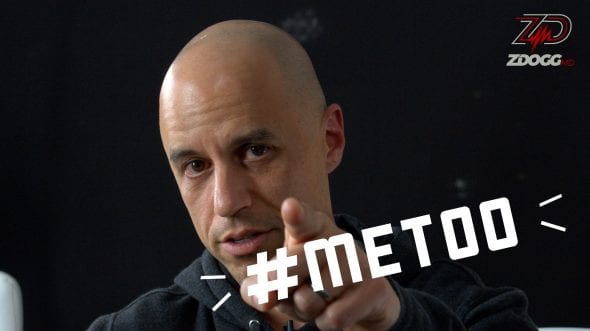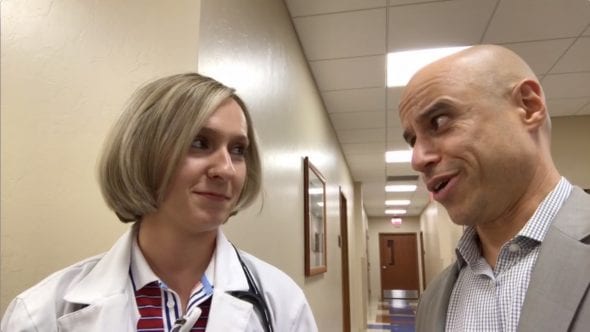Where do you find your sense of meaning and strength during illness?
Dr. Michele Shields joins me on Oahu’s beautiful North Shore to discuss the importance of the chaplain as an active member of the interdisciplinary healthcare team, drawing on her experience of 33 years delivering spiritual care to people at their most vulnerable.
For those aren’t familiar with their role in the hospital, chaplains address the universal human “spiritual” needs, regardless of faith or religion. This applies to atheists too!
When a patient is hospitalized, there are three core spiritual needs that can arise: to find meaning/direction (especially in light of illness), self esteem/community, and the need to love and be loved.
If we ignore spiritual needs, we can prolong conflict, illness, and ultimately make outcomes worse (especially for the so-called “difficult” patients). All of us in healthcare can “embody” different things to our patients. For a chaplain, they may embody an authoritative voice in a faith tradition, or they might embody a truthteller in the face of denial, or a guide on a quest to find meaning in illness and suffering. This holistic approach to treating our patients also applies to managing burnout in our caregivers. Chaplains ROCK (and this is coming from a deep skeptic of traditional religion: me).
Some examples of patient struggles that a chaplain consult might help:
- Some tend to look at the meaning of their life in the context of mortality. What will their legacy be?
- Some tend to focus on relationships that are broken around them, and often conflict with the medical team arises as a proection. These are our patients that get labeled as “difficult.” They may need help healing broken relationships.
- Some may not feel worthy, and express appreciation of the interdisciplinary team. They may seek a sense of belonging, and the team may embody their community during illness. They need to focus on their own needs as opposed to exclusive focus on others.
Join us as Dr. Shields talks burnout, treating those with differing spiritual beliefs, creating community, and integration of the chaplain role in the interdisciplinary team.
Watch the original video on Facebook and please comment and share your thoughts. Do you have a chaplain that works with your team? I wanna hear about it.
Related Videos
Category
- The ZDoggMD Show (797)
- Featured Videos (188)
- Doc Vader (142)
- Against Medical Advice (128)
- Medical Humor (95)
- Public Service Announcements (87)
- Music Parodies (74)
- Nurses (59)
- Meditation (38)
- ZVlogg (36)
- The VPZD Show (31)
- ZTalks (28)
- ZBlogg (24)






